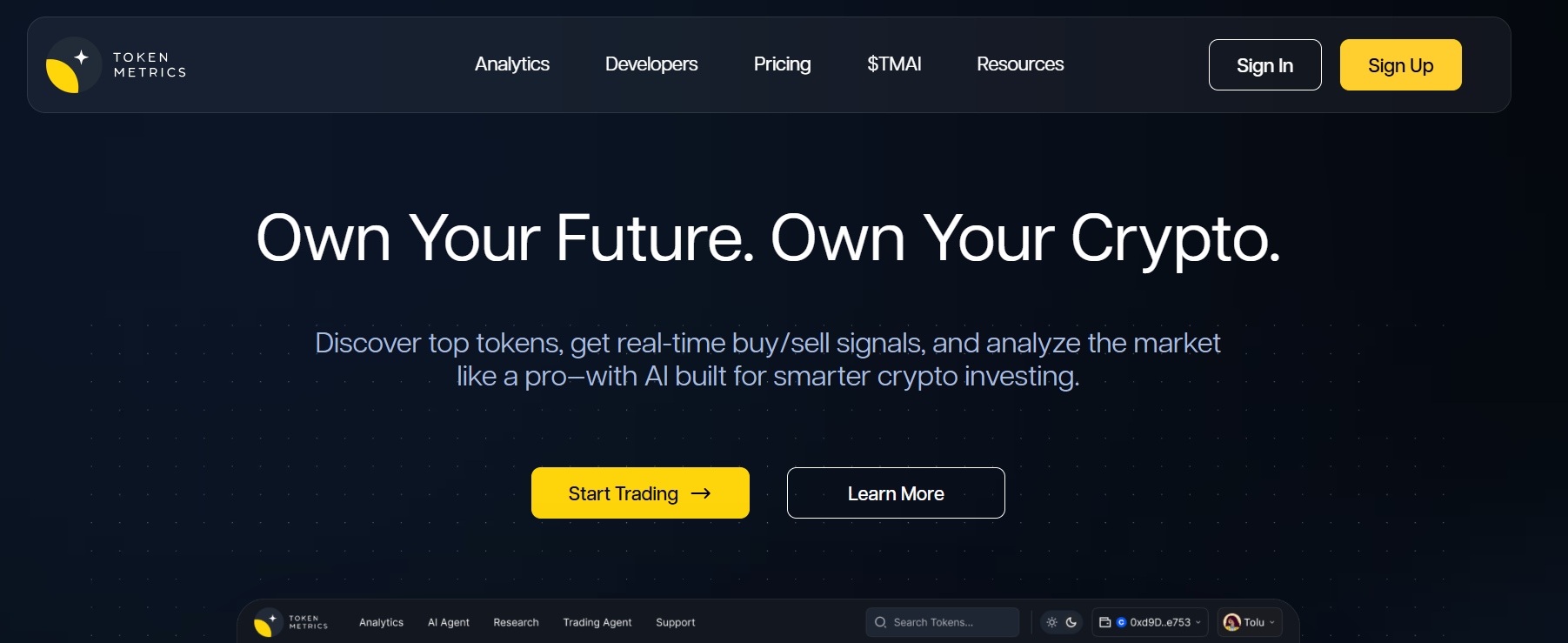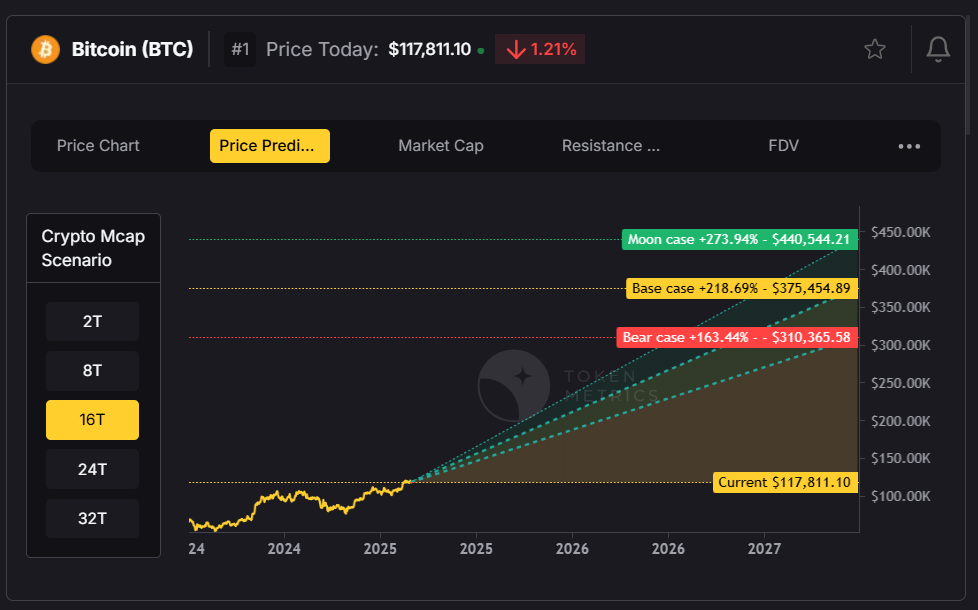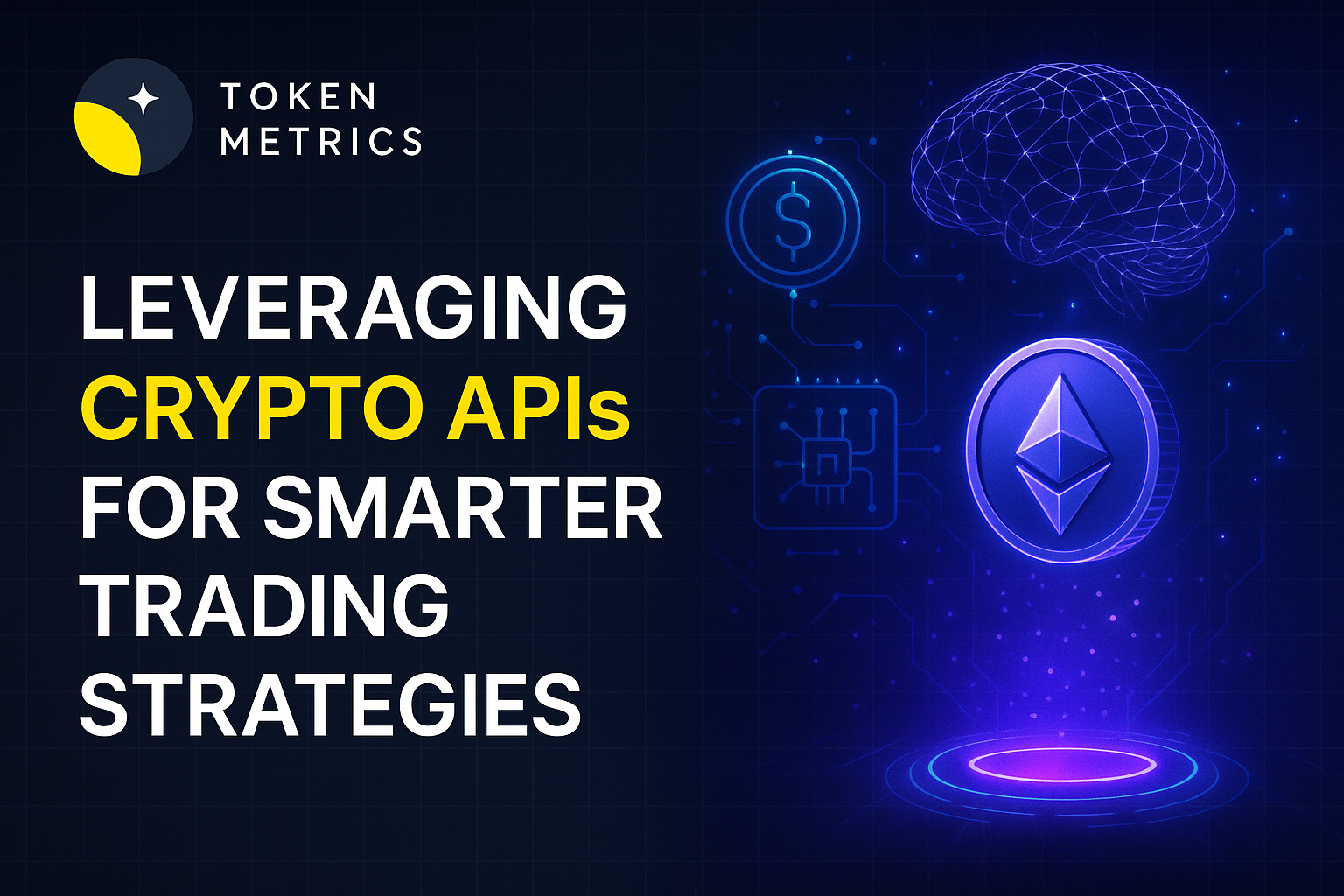Top Ways to Swap Cryptocurrency Efficiently and Cost-Effectively

Introduction to Crypto Swap
Swapping cryptocurrency has become an essential part of the digital currencies market, allowing users to exchange one digital asset for another quickly and efficiently. Whether you want to swap bitcoin for altcoins or exchange other cryptocurrencies, understanding how to swap crypto efficiently with low fees and the best rates is crucial. By using a reliable crypto exchange, you can securely store and swap cryptocurrencies with confidence. Many users prefer to manage their assets through a self-custody wallet, which offers greater control and security. To complete a cryptocurrency swap, you must enter a receiving wallet address. To get started, it is important to choose a trustworthy cryptocurrency exchange that supports seamless crypto swaps and provides a smooth user experience.
Choosing a Reliable Crypto Exchange

Understanding Crypto Exchanges
Selecting the right crypto exchange is key to swapping cryptocurrency effectively. Begin by researching and comparing various crypto exchanges to find platforms that offer the best rates and low fees. A non-custodial platform is often preferred because it allows users to securely store and swap cryptocurrencies without relinquishing control of their digital assets. Security features should be a top priority—look for exchanges with strong encryption, two-factor authentication, and a responsive support team to assist you when needed. Additionally, you send the cryptocurrency you want to swap to a generated deposit address provided by the platform. Reviewing transaction history and user feedback can provide insights into the platform’s reliability and performance, helping you make an informed decision.
Efficient Crypto Swap Processes
Swap Crypto Strategies
To swap crypto efficiently, consider using a decentralized exchange (DEX). Decentralized exchanges enable users to trade directly from their wallets, avoiding the high network fees often associated with centralized platforms. These exchanges leverage smart contracts to execute swaps securely and automatically, reducing the risk of errors or fraud. Users often receive tokens in their wallet after the exchange completes, which can take from a few minutes to several hours depending on network conditions. When swapping crypto, it’s important to select the best crypto pair or swap pairs that align with your trading goals, as this can maximize the value of your transaction. Always factor in gas fees and other costs associated with the swap to ensure the process remains cost-effective.

Non Custodial Platforms
Non-custodial platforms have grown in popularity among crypto users who want full control over their digital assets. By using a self-custody wallet, you can securely store and swap cryptocurrencies without relying on third parties. This flexibility means you maintain control over your funds at all times, reducing exposure to hacks or mismanagement. Non-custodial swaps empower users to manage their assets directly, execute transactions quickly, and maintain privacy. Swapping crypto usually incurs a network fee, paid in the native currency of the blockchain used for the swap. Learning how to navigate these platforms is essential for anyone looking to swap crypto securely and efficiently.
Buy Crypto and Swap
For those new to the market, buying crypto is the first step before swapping. You can buy bitcoin or other cryptocurrencies using various payment methods such as bank transfers, credit cards, or digital payment services. Once you have acquired your digital assets, you can swap crypto immediately to take advantage of favorable market trends. However, the amount you can swap may be subject to platform limitations, such as minimum or maximum amounts. Using a reliable crypto exchange ensures you get the best exchange rate and pay minimal fees during both the purchase and swap processes. Always consider the exchange rate and associated fees to optimize your investment.
Swapping Bitcoin
Bitcoin remains the most traded cryptocurrency, and swapping bitcoin for other cryptocurrencies is a common practice. Utilizing a decentralized exchange to swap bitcoin can help you benefit from low fees and the best rates available. Storing bitcoin in a self-custody wallet before swapping provides an added layer of security, ensuring your funds are safe throughout the transaction. Once a swap is confirmed, it may take time for the transaction to complete based on the blockchain used. Understanding how to swap bitcoin efficiently empowers users to diversify their portfolios and capitalize on market opportunities without unnecessary delays or costs.

Swap Pairs and Rates
Choosing the right swap pairs is fundamental to maximizing the value of your crypto swaps. Different crypto pairs offer varying exchange rates and liquidity, so comparing rates and fees across multiple crypto exchanges can help you find the most advantageous options. Reliable platforms often provide transparent pricing and low fees, enabling users to make swaps with confidence. Crypto swaps can involve fluctuating fees based on network traffic and volatility. Keeping an eye on market trends and exchange rates ensures you execute swaps at the most favorable times, enhancing your overall crypto trading strategy.
Best Rates for Crypto Swap
Securing the best rates when you swap cryptocurrency depends largely on the platform you use. By selecting a reputable crypto exchange, you can access competitive prices and benefit from low fees. Decentralized exchanges often provide an edge by minimizing network fees, making them an attractive option for cost-conscious users. Changelly, for instance, has industry-low fees of up to 0.25% on crypto exchanges. Comparing rates and fees across several exchanges before executing a swap is a smart practice that helps you get the most value from your digital assets.

Crypto Swap Security
Security is paramount when swapping crypto. Using a self-custody wallet allows you to securely store and swap cryptocurrencies without exposing your funds to third-party risks. Smart contracts enhance security by automating swap execution in a transparent and tamper-proof manner. When choosing a crypto exchange, pay close attention to its security features and the responsiveness of its support team. Learning how to securely swap crypto and manage your digital assets protects you from fraud and ensures peace of mind.
Worldwide Crypto Exchange
Accessing a worldwide crypto exchange opens the door to global markets, providing more swap pairs and competitive rates. These platforms typically offer low fees and robust security features, supported by dedicated teams that assist users around the clock. Using a worldwide exchange allows you to diversify your portfolio and take advantage of opportunities across different regions. Mastering how to use such exchanges can help you swap crypto efficiently and manage your assets with greater flexibility.
Easiest Crypto Exchange
For beginners and experienced users alike, the easiest crypto exchange combines user-friendliness with powerful features. These platforms provide intuitive interfaces, clear instructions, and helpful tools that simplify the swapping process. Low fees and the best rates are often part of their offerings, making it easier for users to trade and swap crypto without hassle. Learning how to navigate the easiest crypto exchange can significantly enhance your crypto trading experience, allowing you to execute swaps quickly and cost-effectively.
Crypto Swap Frequently Asked Questions
Many users have questions about how to swap crypto and manage their digital assets effectively. Common inquiries include the benefits and risks of swapping, how to choose swap pairs, and how to handle fees and security. Understanding these aspects helps users make informed decisions and avoid common pitfalls. Accessing resources and support from reliable crypto exchanges further aids in efficient and cost-effective crypto swaps.
Crypto Swap Tips and Tricks
To swap crypto efficiently, it’s important to follow some key tips and tricks. Always prioritize security by using non-custodial wallets and reputable exchanges. Take advantage of market trends and choose swap pairs with favorable exchange rates. Managing gas fees and network fees carefully can save you money. Additionally, leveraging the flexibility and control offered by reliable platforms ensures a smooth swapping experience.
Crypto Swap Mistakes to Avoid
Avoiding common mistakes is crucial for a successful crypto swap. Neglecting security, ignoring fees, and rushing into swaps without research can lead to losses. Always maintain control of your assets by using self-custody wallets and avoid platforms with poor reputations. Utilize available support resources to navigate the swap process confidently and secure the best rates.
Crypto Swap Market Trends

Staying informed about crypto swap market trends allows you to make smarter trading decisions. Market analysis helps you understand price movements, liquidity changes, and emerging swap pairs. By leveraging these insights, you can time your swaps to maximize returns and minimize costs. Reliable exchanges often provide tools and resources to keep users updated on the latest market developments.
Crypto Swap Regulation
The regulatory landscape for crypto swap is evolving rapidly. Staying compliant with relevant laws and regulations is essential for secure and legal transactions. Reliable crypto exchanges typically adhere to regulatory standards and provide users with guidance to ensure compliance. Keeping abreast of regulatory changes helps you avoid legal issues and maintain a secure trading environment.
Crypto Swap Future Outlook
The future of crypto swap looks promising, with ongoing innovations enhancing security, speed, and accessibility. Advances in smart contracts, non-custodial swaps, and decentralized exchanges are shaping the next generation of crypto trading platforms. Staying informed about these developments and using reliable exchanges prepares users to benefit from future trends. Embracing these innovations will help you stay ahead of the curve in the dynamic world of digital assets.
By understanding these key aspects of swapping cryptocurrency, you can navigate the market efficiently, securely, and cost-effectively. Whether you are swapping bitcoin, exchanging other cryptocurrencies, or exploring new digital assets, choosing the right platform and strategies will maximize your success in the evolving crypto landscape.
Create Your Free Token Metrics Account

.png)




%201.svg)
%201.svg)


%201.svg)










.svg)




.png)